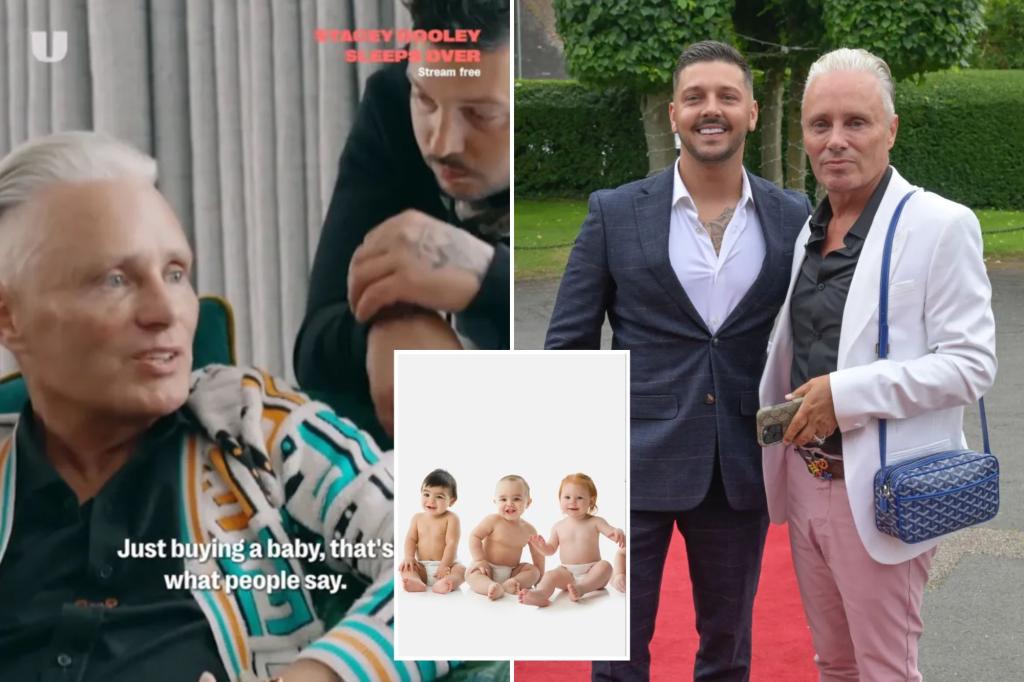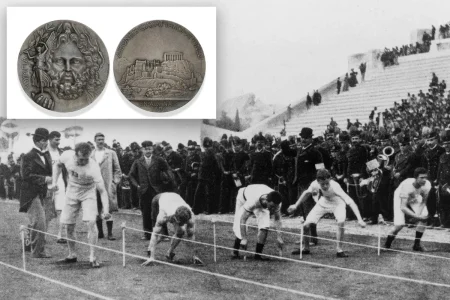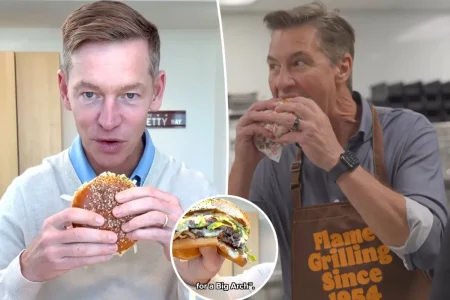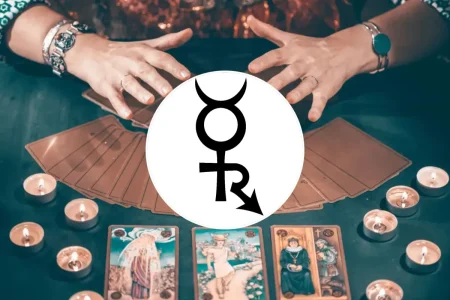Beauty, Breeding, and Backlash: One Father’s Controversial Path to “Perfect” Children
In a world where people spend billions on beauty products and procedures, British millionaire Barrie Dewitt-Barlow has taken the pursuit of attractiveness to a level that has sparked heated debate across social media. The 54-year-old business mogul, worth an estimated $200 million, recently admitted on the television series “Stacey Dooley Sleeps Over” that he spent $50,000 to secure a professional model as an egg donor specifically to ensure his children would be attractive. “Nobody wants an ugly kid,” Dewitt-Barlow stated bluntly, a comment that quickly went viral on TikTok with over half a million views. His candid admission has divided public opinion, with some supporting his honesty while others condemn what they see as a disturbing focus on superficial values. The controversy touches on deeper questions about parental expectations, genetic selection, and what we truly value in our children.
Dewitt-Barlow and his 31-year-old fiancé Scott Hutchinson (who was previously in a relationship with Dewitt-Barlow’s eldest daughter Saffron—a detail that adds another layer of complexity to this story) spotted their ideal donor on a Miami catwalk. The couple was immediately struck by her appearance and decided her genes would provide the blueprint for their future children. “It was her looks, completely,” Dewitt-Barlow explained about what attracted them to this particular woman. “When I saw her on the catwalk, I looked at Scott and went, ‘Oh, f–k, she is stunning. I tell you, her legs were six feet in the air.'” This selection process resulted in their now four-year-old daughter, Valentina, and three-year-old son, Romeo. For Dewitt-Barlow, who alongside his ex-husband Tony became one of the UK’s first gay dads to welcome children via surrogacy in the 1990s, this approach to family planning was straightforward: identify desirable physical traits and secure them for the next generation.
Critics have been quick to compare Dewitt-Barlow’s methods to eugenics—the controversial practice of selective breeding to promote specific genetic characteristics. The comparison isn’t entirely without merit; eugenics has historically focused on breeding humans with “desirable” traits while eliminating “undesirable” ones, a concept that has been widely condemned by modern ethical standards. Yet similar practices are becoming increasingly common, especially among the wealthy. In Silicon Valley, for instance, prospective parents regularly pay up to $50,000 for embryo screenings to identify which embryos might develop into intellectually gifted children. The difference in Dewitt-Barlow’s case is his unabashed focus on physical beauty rather than intelligence or health, and his willingness to speak openly about prioritizing attractiveness in his children. This transparency has made him a lightning rod for criticism, with many social media users describing his position as “vain,” “horrendous,” and the “weirdest” thing they’d ever heard.
Despite the backlash, Dewitt-Barlow remains unapologetic about his choices and his priorities. When questioned about critics who accuse him of “just buying a baby,” he responded with a defense of the transactional nature of the arrangement, saying, “Most people could do a lot worse than spend one month of their life on drugs to give some embryos for $50,000.” This response frames egg donation as a mutually beneficial exchange rather than an ethical dilemma. When pressed about whether a child’s looks should matter to a loving parent, Dewitt-Barlow doubled down: “Well, what do you want me to say? We need ugly [kids] as well? I’m sorry, I just can’t lie.” He further remarked, “Sometimes we get them, but we don’t always want them. We deal with it and carry on,” suggesting that having an unattractive child would be something to “deal with” rather than celebrate unconditionally.
This case raises profound questions about how we value human life and the increasing ability of technology to allow parents to select specific traits in their offspring. While most parents naturally hope their children will have advantages in life, the idea of selecting children primarily for their physical appearance strikes many as crossing an ethical boundary. It pushes us to consider whether the commercialization of reproduction is leading us toward a future where children are increasingly viewed as products to be customized rather than individuals to be cherished regardless of their attributes. For critics, Dewitt-Barlow’s approach represents a troubling conflation of consumer culture with parenthood—the application of market values to what many consider sacred. For supporters, it simply represents an honest admission of what many prospective parents secretly desire but are unwilling to express publicly.
Perhaps most telling is Dewitt-Barlow’s final comment on the matter: “In an honest world, you want your kids to have a chance.” This statement reveals the underlying belief system that drives his decisions—the idea that physical beauty provides significant advantages in life, and that as a parent, he’s simply trying to give his children the best possible start. While many would agree that conventional attractiveness can confer social and professional benefits in our image-conscious society, others would argue that true parental love means accepting and celebrating children exactly as they are, and that character, kindness, and resilience are ultimately more important than physical appearance. As Dewitt-Barlow put it when addressing his critics, “I really don’t give a flying f–k about rubbing anybody the wrong way”—a sentiment that perfectly encapsulates the controversy surrounding his parental philosophy. In an age of increasing genetic selection capabilities, his story forces us to confront uncomfortable questions about what we value in our children and what limits, if any, should be placed on parents’ ability to select for specific traits.














